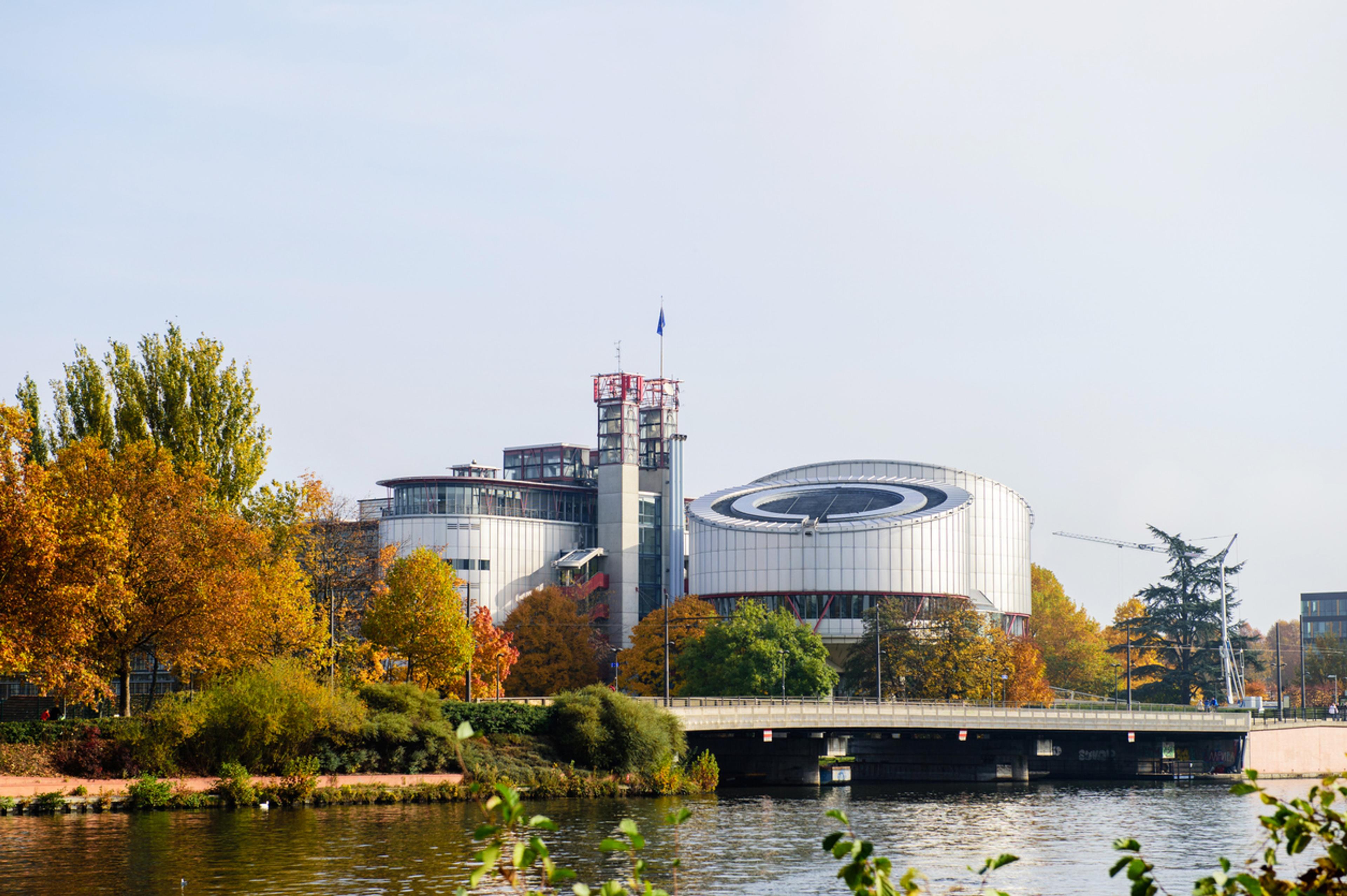Professional expertise in environmental law
Our lawyers work daily with issues related to environmental and waste regulations, climate law, including permits, reporting and dispute resolution. We also provide legal assistance in drafting agreements and executing acquisitions (M&A).
The team has extensive experience litigating complex environmental cases before the courts. Cathrine Hambro served as counsel in the so-called climate lawsuit, which was heard in three instances, culminating in a plenary hearing before the Supreme Court in 2020. She was also part of the team that represented the parties in the case that was brought before the European Court of Human Rights in Strasbourg, where a judgment was delivered on October 28, 2025. Read the article about the judgment here.
Environmental regulations are driven forward by EU directives. We combine commercial industry insight with up-to-date knowledge of EU initiatives, enabling our clients to set ambitious goals and ensure compliance with environmental regulations without compromising value creation.
Our services include, among other things:
Useful insight
The PPWR was adopted on December 16, 2024, and is expected to be incorporated into Norwegian law by mid-2026. The regulation focuses on reuse rather than recycling, which has been the focus of Norwegian law. Packaging methods must be adapted to meet the new requirements. For example, at least 10% of beverage packaging must be reusable by 2030. The regulation also imposes stricter requirements for reuse, recycling, and the content of hazardous substances compared to current rules. Consequently, the Norwegian deposit system will need to be adjusted to comply with the new requirements.
Currently, the formal reporting requirements primarily apply to larger companies and financial institutions. However, the taxonomy is increasingly being used in various contexts—such as public procurement—and will gradually impact smaller businesses as well, through supply chain requirements, banking financing conditions, and investor demands.
Businesses gain numerous advantages from legal assistance in climate, environment, waste, and sustainability.
Legal advice helps businesses better balance and prioritize environmental requirements, commercial goals, and good corporate governance.
Early adaptation to upcoming EU regulations, with support from legal experts, provides businesses with a competitive edge in the market. This enables them to meet future requirements proactively and strategically. As a result, sustainability measures can be clearly documented for investors, authorities, and customers, strengthening trust in the business. This also helps avoid greenwashing.
Legal assistance from lawyers with industry experience ensures effective risk management during contract negotiations and contributes to favorable solutions if disputes arise.
Expertise
- Auditing and accounting
- Climate, environment, waste and sustainability
- Company law and transactions
- Competition law, state aid and EU/EEA
- Construction
- Employment law
- Familiy law, guardianship and divorce
- Inheritance, probate and succession planning
- Insurance and liability
- Intellectual property and marketing law
- Investigation and compliance
- Life sciences and health technology

